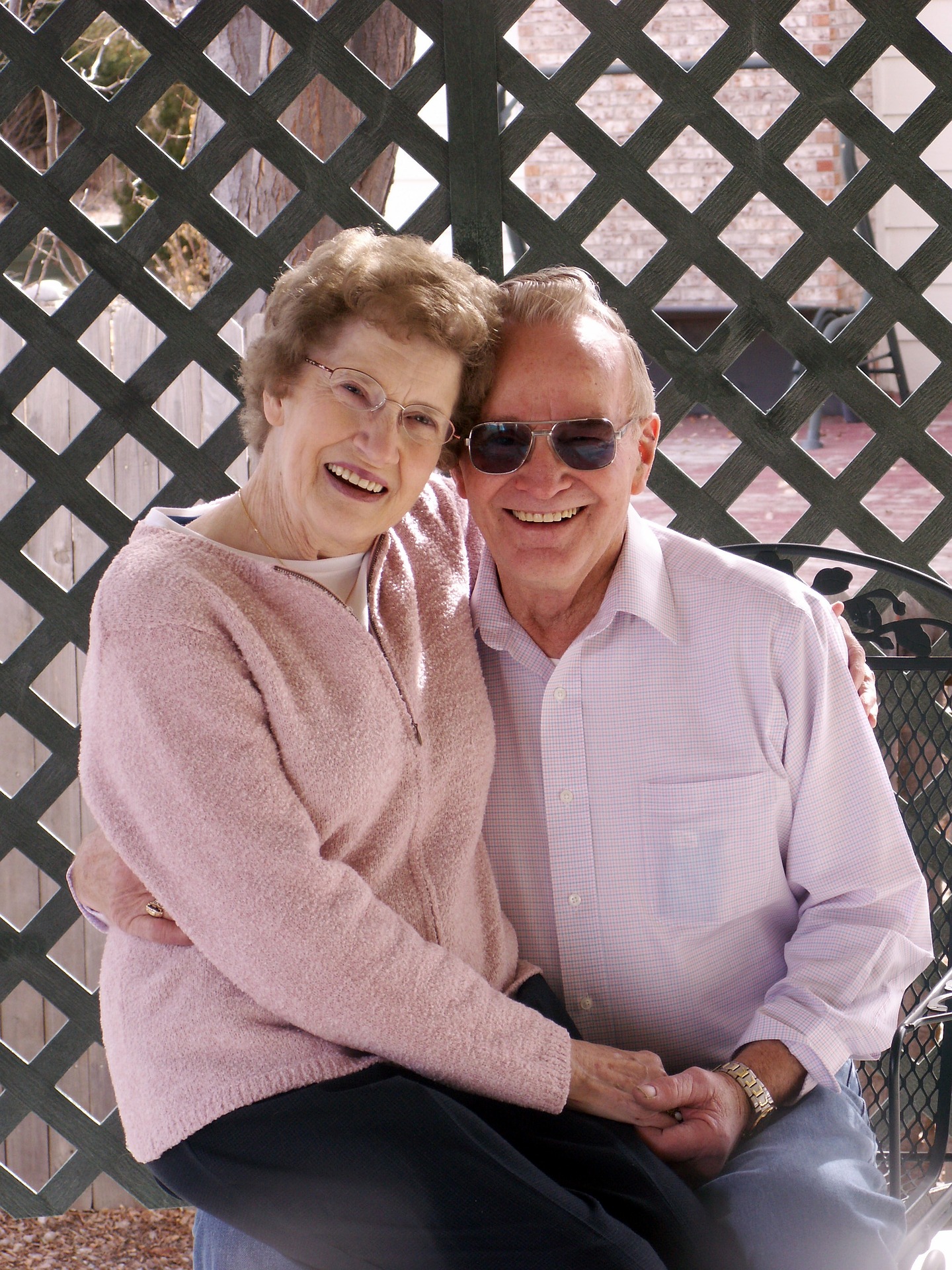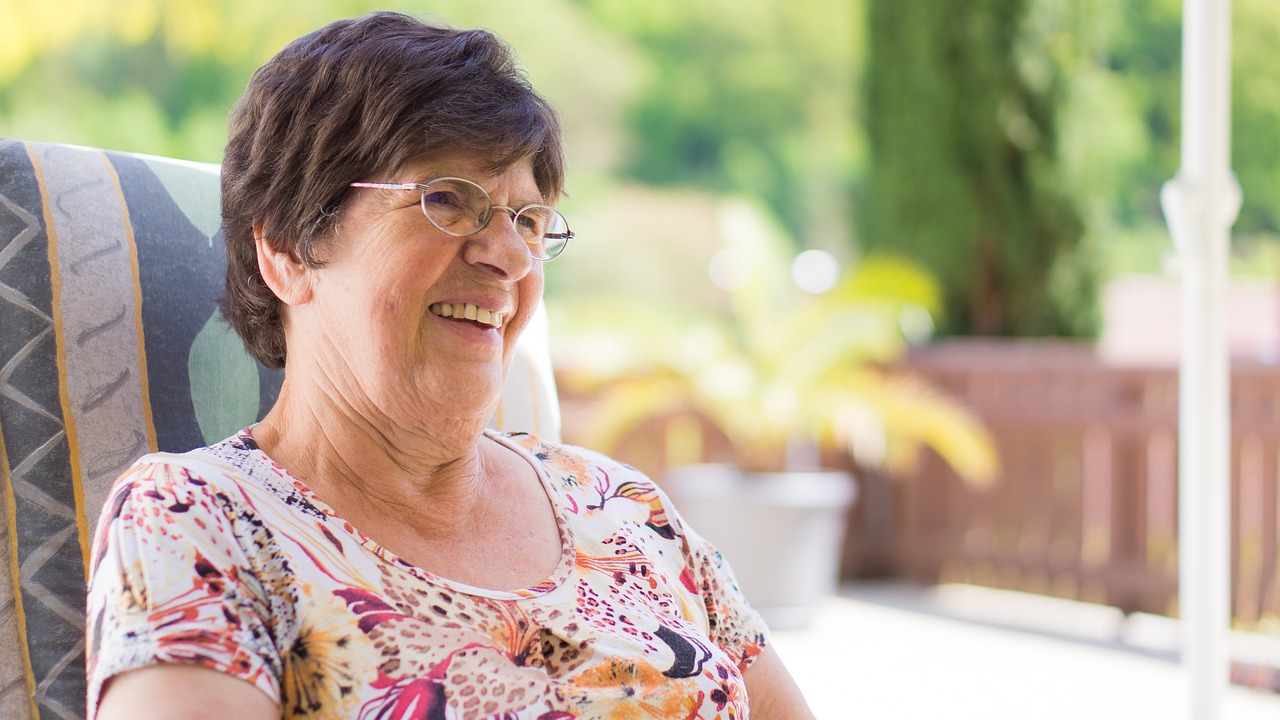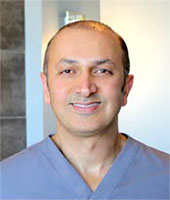Today’s population demographic is getting older. As improvements are made and new understandings of the human body are achieved as we age, we are pushing our lifespan further and further.
But how does this affect our oral health? Teeth are well known for not being replaced by the body when they are lost – can our teeth stand the test of time? The short answer is yes – with care, our teeth can take us all the way. But as you get older, there are changes in the way your body works that mean you need to stay right on top of your oral health care routine.

What to Watch Out For
- Xerostomia – It sounds scary, but xerostomia is simply the drying out of the mouth. Having said that, xerostomia itself can be uncomfortable and leads to worse problems if not treated.
- Periodontal disease – This refers to infections of the structures around the teeth. Most common is gingivitis or infected gums. There is strong evidence that periodontal disease is linked to other age-related diseases, such as Alzheimer’s and diabetes.
- Edentulism – Simply put, losing teeth. Losing teeth is inconvenient and effects more than your mouth. There is a loss of social confidence. Edentulism can also lead to malnutrition. We need a certain amount of masticating ‘pairs’ of teeth to chew properly. If we can’t chew, we choose softer foods and start missing out on certain nutrients.
- Mouth cancer – There are a few different types of mouth cancer, and they are more common as we get older. Often, they are painless until well developed. Regular checks are the only way to catch it in time.
Further Reaching Effects
As we age, we get more susceptible to other health issues. Side effects from drugs prescribed for various medical conditions include xerostomia, for example. Our mobility may become impaired, leading to an inability to handle a toothbrush properly. A reduction in cognitive facilities (such as becoming forgetful) leads to interruptions in our oral healthcare routine.
Illness can make us shun foods such as fruit and vegetables because of the effects they have on us, or because they are hard to chew. This, in turn, leads to malnutrition. Malnutrition is a deficiency in essential nutrients, such as fluoride, which will lead to further damage to teeth. We inadvertently fall into a vicious cycle.
We lose nerve sensitivity with age. A lifetime of chewing, talking, maybe smoking, and grinding our teeth means our teeth have probably got less enamel protecting them. They are more susceptible to breakage and caries. Add that to a loss of sensitivity and the problem gets ignored, as it’s not felt, to then exacerbate into greater problems.
Get the Best Out Of Your Teeth
No one can stem the flow of years. As we get older, we face new challenges in all aspects of our lives. But our oral health does not need to be a challenge. The key is prevention. Healthy teeth and a healthy diet will go a long way towards warding off many of the issues discussed here. Some key points to remember are:
- Use dental floss and mouthwash. Get all the bits out of the hard to reach places and rinse well. Mouthwash will also help with xerostomia and keep your enamel stronger.
- Brush well. Twice a day. If you find it hard to use a toothbrush, consider using an electric one, or a velcro ‘harness’ to help you grip. A dentist will be happy to help you find a solution that works for you.
- Eat well. Missing out on essential nutrients is going to affect not just your teeth, but your whole body. Dental problems leading to poor food choices, or poor food choices, either directly or indirectly, leading to dental problems. It can be avoided if you keep control of your diet.
- Drink tap water. It has fluoride in. Every time you slake that thirst, you are giving your teeth a mini spa.
And Finally… Be Social!
Visit your dentist, get their advice, let them check you out. They can see potential problems before you can feel them.
Get family and friends over. If you are getting on the forgetful side, or maybe you are bedridden, you need your friends around you. They will help you to remember to floss and bring you the bowl to spit in.
Go out! If you are able, get fresh air, see the sights. Staying indoors can lead to loneliness, loss of self-esteem and depression. Meet new people, try new food (chewing properly, of course). Make the most of your smile and it will reward you.
If you have questions or concerns about Sedation Dentistry in Los Angeles, please contact your dentist at Smile In LA at +1 (323) 461-9353.

Resource links:
American Dental Association – https://www.ada.org/en/member-center/oral-health-topics/aging-and-dental-health
https://www.mouthhealthy.org/en/adults-over-60/concerns
The National Centre for Biotechnology Information – https://www.ncbi.nlm.nih.gov/pmc/articles/PMC4334280/
Harvard Medical School – https://www.health.harvard.edu/diseases-and-conditions/the-aging-mouth-and-how-to-keep-it-younger

